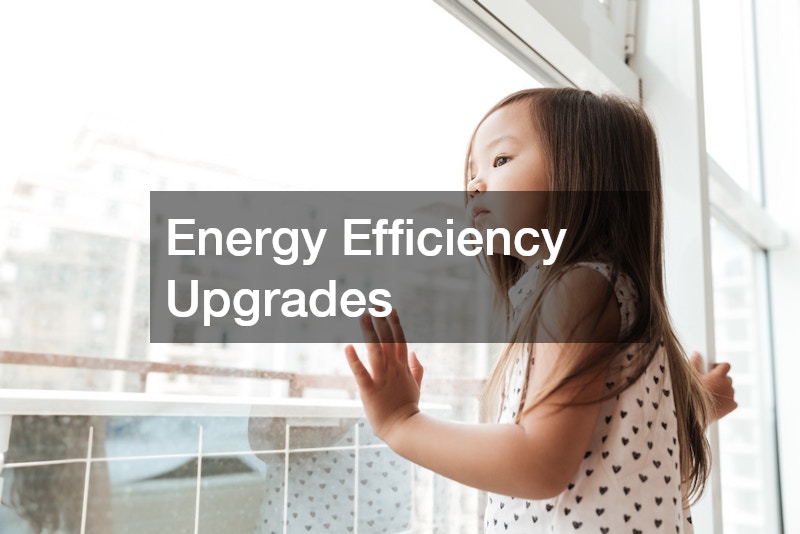Glass windows contribute significantly to the aesthetic and functionality of any building. However, over time, they may show signs of wear and damage. Recognizing these signs early can help prolong the life of your windows and ensure they perform optimally.
Identifying Visible Damage to Your Glass Windows
Cracks and Chips
Cracks and chips are common visible signs of damage. These imperfections not only affect the appearance of your windows but can also compromise their structural integrity, making them more susceptible to breaking under pressure.
Ignoring these signs can lead to an increased risk of injury and further damage to your property.
Damaged windows can lead to poor insulation, allowing outside air to enter and causing heating and cooling systems to work harder. This inefficiency can result in increased energy bills and an uncomfortable indoor environment. Therefore, addressing cracks and chips promptly is essential to maintain a safe and energy-efficient home.
Regular inspections can help detect these issues early. By taking timely action, such as window glass repairs, you can prevent minor problems from escalating into major ones. In some cases, small cracks and chips can be fixed, but if they are extensive, replacing the pane or window may be necessary.
Foggy Glass
Foggy glass is a common problem that is usually indicative of a broken seal. When the seal of a double-glazed window fails, it allows moisture to infiltrate the space between the panes. This not only reduces the clarity of the glass but also undermines its insulation capabilities.
The presence of fogging significantly reduces the visibility through the window, affecting the natural light entering the room. This can make spaces feel darker and less inviting. Moreover, a compromised seal diminishes the window’s energy efficiency, potentially leading to increased heating and cooling costs.
To address foggy windows, it’s crucial to address the source of the seal failure. In some situations, resealing can solve the problem, while in others, the entire window unit may need replacement. Professionals can assess the extent of damage and recommend the best course of action to restore window efficiency.
Effects of Fluctuating Temperatures on Window Efficiency
Expansion and Contraction
Windows are subject to constant environmental changes, particularly temperature fluctuations that cause expansion and contraction in glass and framing materials. This ongoing movement can lead to frame distortions, which may cause alignment issues with your windows. Misaligned windows often result in drafts and energy loss, affecting your home’s comfort levels.
Expansion and contraction can also lead to the development of stress fractures in the glass over time. These fractures compromise the window’s structural integrity, increasing the risk of breakage. Regular maintenance can help identify and fix potential issues caused by thermal expansion, ensuring that your windows remain functional and safe.
Proper installation and the use of quality materials can mitigate the effects of temperature fluctuations. Opting for frames with better thermal performance can improve longevity and minimize the risk of expansion and contraction damage. Professional assessments can help identify the best solutions for your specific window needs.
Loss of Insulation
Fluctuating temperatures can significantly affect the insulation properties of windows. As sealant materials deteriorate, windows become less effective at keeping out cold air in the winter and hot air in summer. This loss of insulation can lead to higher energy bills as your HVAC system must work harder to maintain a comfortable indoor environment.
Beyond energy inefficiency, poor insulation can affect the overall comfort of your living space. Rooms with poorly insulated windows may suffer from drafts, inconsistent temperatures, and even moisture problems such as condensation. These issues can also have longer-term effects on your home’s structure and health.
Addressing insulation issues can involve resealing, adding weatherstripping, or investing in new energy-efficient windows. Enhanced insulation can lead to significant energy savings and increased comfort in the home. Consider energy audits to properly assess your current window insulation status and potential improvements.
When to Consider Replacing Instead of Repairing Your Windows
Repeated Repairs
If your windows require frequent repairs, it may be more cost-effective to replace them entirely. Repair costs can add up over time, and in some cases, a replacement can be a more financially sound decision. New windows can assure improved function and longer lifespan by eliminating ongoing maintenance issues.
Besides cost considerations, repeatedly repaired windows may never fully regain their original efficiency, potentially leading to persistent energy loss. Replacing windows can address these inefficiencies once and for all, creating a more comfortable and energy-efficient home environment. Additionally, new windows can provide enhanced features and aesthetics to your property.
Evaluating the performance and condition of existing windows can inform your decision regarding replacement versus repair. Consulting with window specialists can provide insight into potential long-term savings available through investment in modern windows. Modern technologies can offer extensive benefits in performance, security, and aesthetics.
Energy Efficiency Upgrades
Energy efficiency is a critical factor when considering window replacements. Newer window models are designed with advanced technologies that offer superior insulating capabilities. By upgrading, you can reduce energy consumption significantly, cutting costs on heating and cooling.
Upgraded windows enhance not only efficiency but also comfort by reducing drafts and minimizing noise pollution. Enhanced insulation properties help maintain optimal temperatures inside, no matter the season. This can make your living or working environment much more pleasant all year round.
Energy-efficient windows also contribute to reducing your carbon footprint, aligning with environmentally sustainable practices. Consider them as a long-term investment that pays off through savings and enhanced quality of life. Seek professional assistance to explore options for windows that meet your energy-saving goals and design preferences.
Identifying the need for glass window repairs early on can prevent further damage and maintain your property’s safety and appearance. Whether it’s visible damage, effects of temperature changes, or energy inefficiency, addressing these issues timely will enhance your living space and save on unnecessary costs. Investing in professional assessments and solutions can lead to substantial benefits over time.

